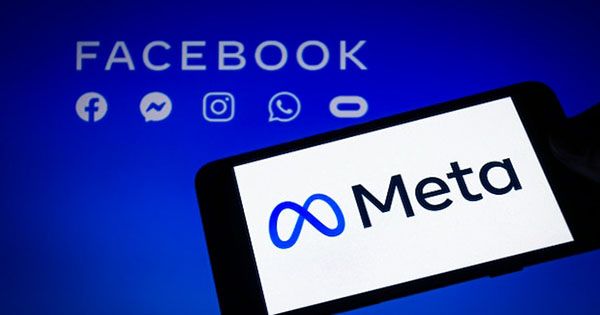Meta’s external advisory group released new suggestions on Tuesday, encouraging the firm to strengthen its anti-doxing measures. Last year, Facebook sought advice on the policy, admitting that it was having trouble reconciling public access with privacy concerns. The current policy of the corporation currently known as Meta on disclosing private identifying information makes an exemption for circumstances where that information becomes “publicly available:”
We take down content that shares, offers, or solicits personally identifiable information or other private information that could lead to bodily or financial harm, such as financial, residential, or medical information, as well as information obtained illegally. We also understand that private information may be made public through news coverage, court filings, press releases, or other means. If this occurs, we may allow the information to be made public.
The Oversight Board recommended that Meta remove the exception in its Privacy Violations Policy that allows “publicly available” home addresses and identifying images, citing how this kind of harm can be “difficult to remedy” — i.e. once someone’s address is out in the wild, it’s impossible to put that cat back in the bag. According to the board, the new guidelines would be “more protective of privacy,” given the specific hazards that erring on the side of caution brings. The Oversight Board noted, “Once this information is shared, the harms that can occur, such as doxing, are difficult to remediate.”
“Doxing’s consequences disproportionately affect women, children, and LGBTQIA+ persons, and can include emotional hardship, job loss, and even physical violence or death.” The board’s suggestions would include a few common sense exceptions, such as when someone uploads a picture of their own home or when a dwelling is the subject of a journalistic report. The group continues to advise Meta to prohibit the sharing of pictures of private addresses for the purpose of organizing protests.
The Board also claims that if a protest is being held at “official residences provided to high-ranking government officials” such as federal and local government leaders and ambassadors, Meta should allow residential imagery to be shared; otherwise, an event planning to demonstrate at a location such as the White House could run afoul of the rules.
















